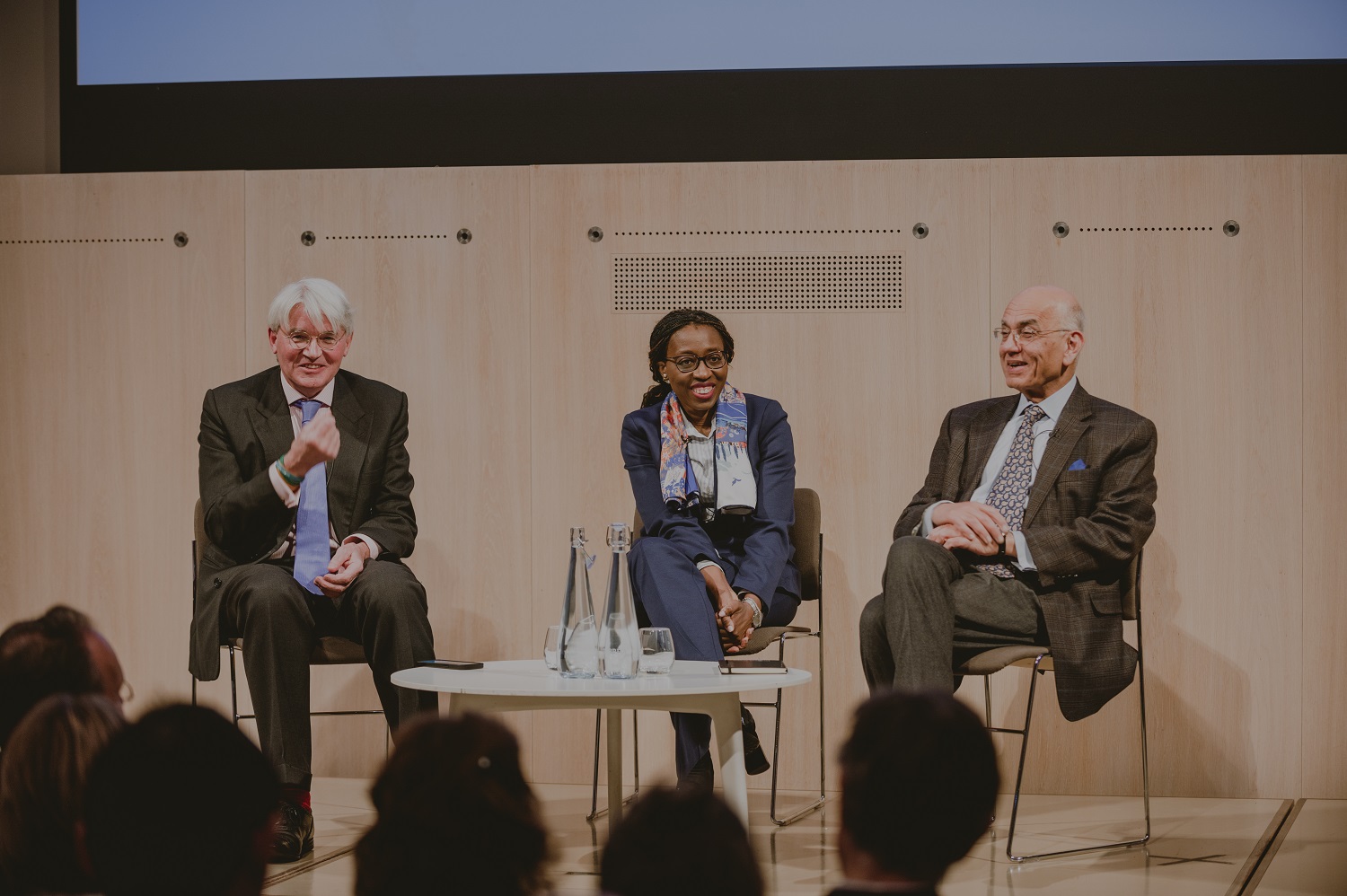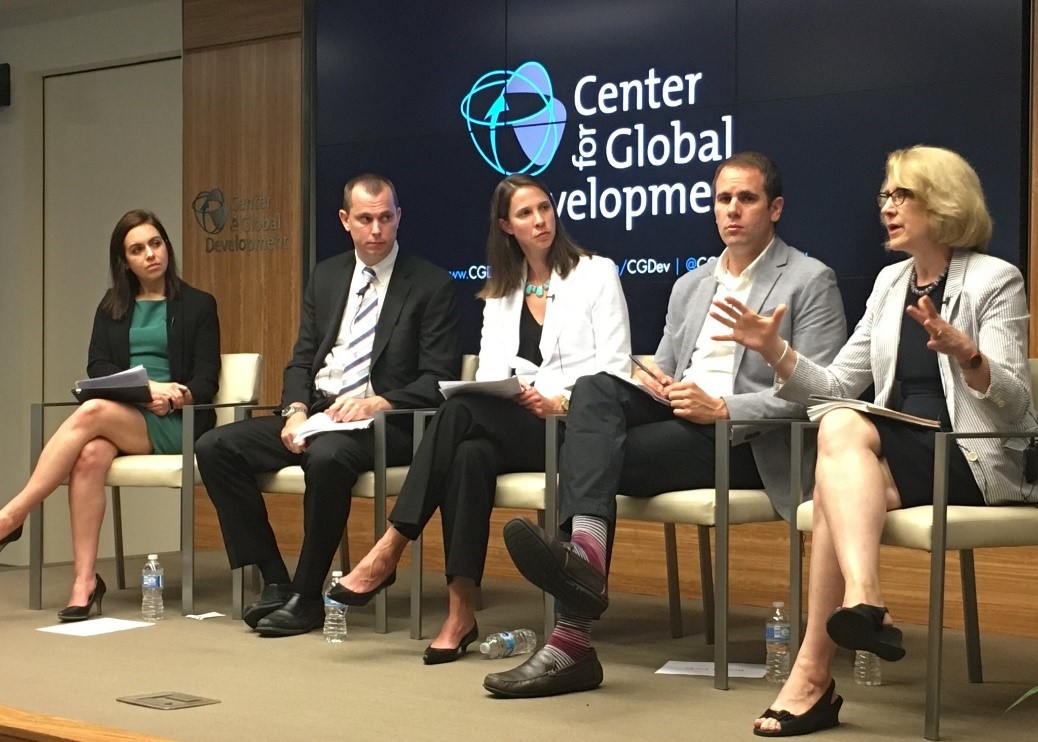October 16, 2015
Using an experimental design, we assess the feasibility of interactive voice recognition (IVR) surveys for gauging citizens’ development priorities. Our project focuses on four low-income countries (Afghanistan, Ethiopia, Mozambique, and Zimbabwe), which exhibit significant differences in mobile penetration rates and linguistic fractionalization. In this paper, we consider sensitivities of using a single mobile phone-based survey instrument to solicit citizens’ development priorities for a host of actors operating within the country. We analyze whether people’s stated priorities change based on the specified executing actor, timeframe, or question format. A separate Center for Global Development (CGD) working paper provides detailed analysis on a range of methodological issues, including: survey design, implementation, sample weighting, response incentives, and national representativeness.
We find that mobile phone-based approaches may be an effective tool for gathering information about citizen priorities. In terms of the specific research questions, we find that people’s priorities rarely change based on the specified actor (e.g., national government or external partners). There also is only a modest timeframe effect on citizens’ revealed concerns, which is limited to less frequently cited development themes and priorities. Lastly, it appears that a closed-ended question format may adequately capture citizen’s priorities compared to open-ended formats. Although, this finding is preliminary and should be tested further due to several methodological challenges in this study. Overall, these findings suggest that a single survey may be an appropriate tool for multiple development actors’ usage – such as bilateral donors, multilateral agencies, and the national government – across multiple contexts.
Rights & Permissions
You may use and disseminate CGD’s publications under these conditions.





